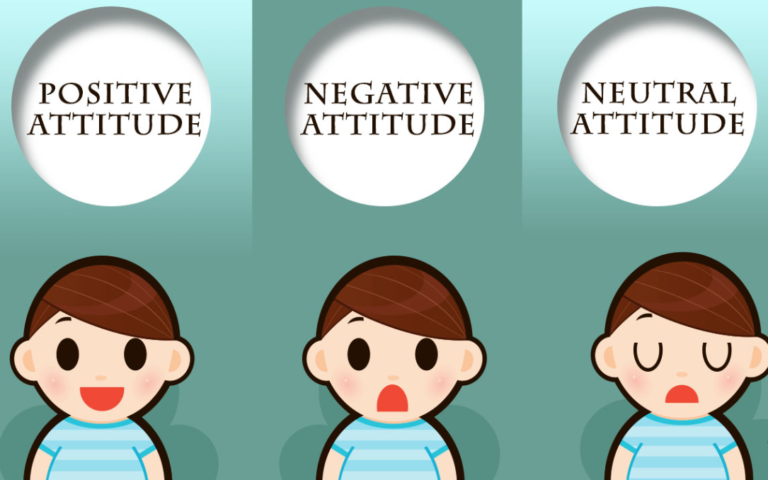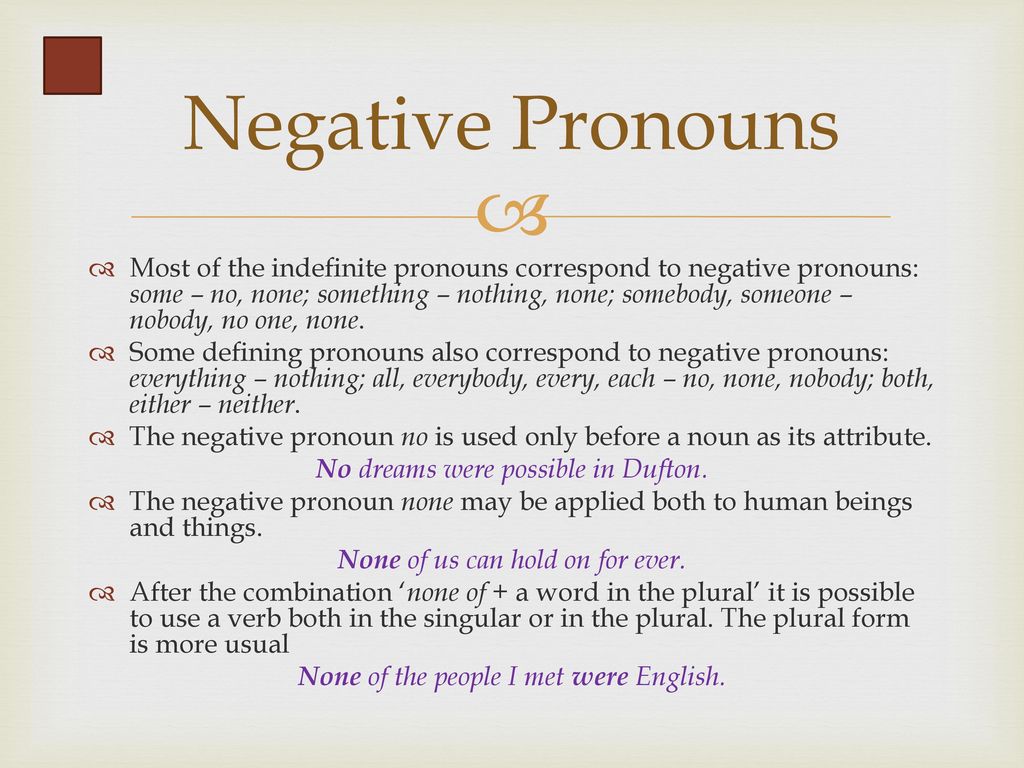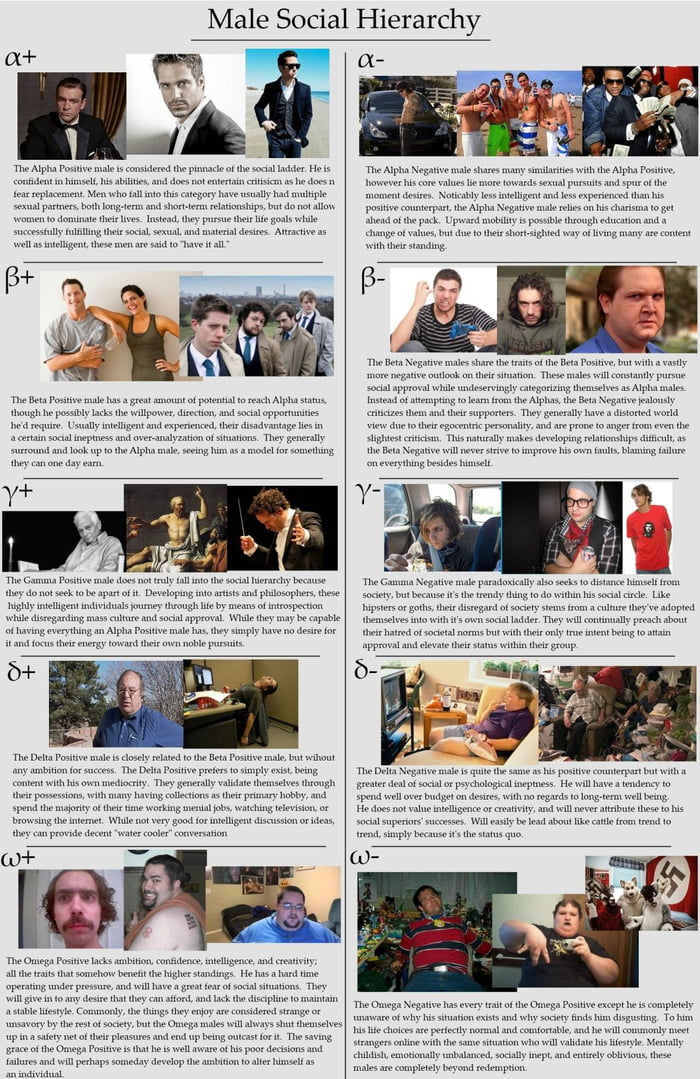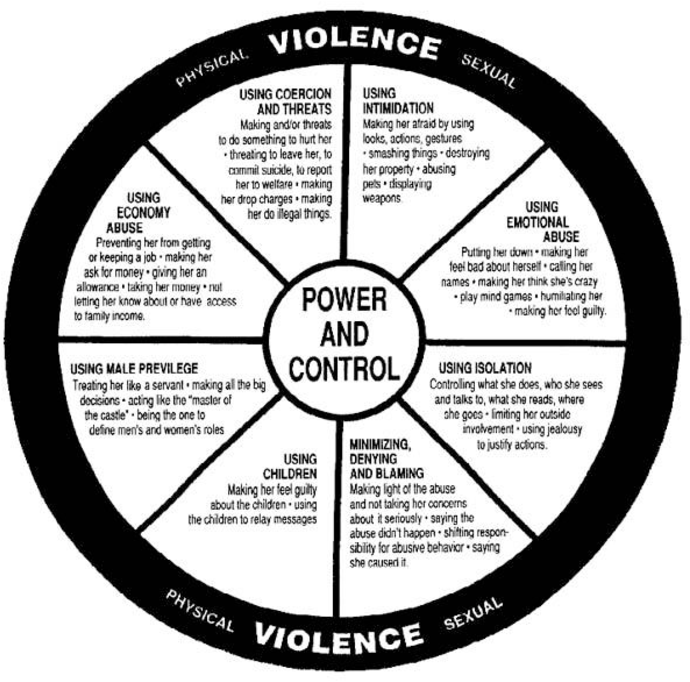Negative about everything
Why do I feel so negative all the time?
It’s normal to have negative thoughts – after all, nobody can be actively positive and happy all the time. Even life’s optimists have moments when they really can’t look on the bright side.
However, sometimes it feels like the glass is permanently half empty, and as much as you’d like to change your perspective and see it as half full, this seems impossible.
We’ll take a look at why those negative thoughts start to take over, and what you can do to replace them with a more positive outlook again.
Why am I having negative thoughts?
As we said, nobody is permanently positive. Maybe you’re feeling poorly or run down – and let’s face it, the last couple of years haven’t been easy for anyone. It’s natural to feel more pessimistic when things aren’t going so well in our lives. Regular or even constant negative thinking can also be a sign of anxiety, depression, stress or low self-esteem.
This sounds a bit strange, but negativity can also be contagious. If your workplace has a tense atmosphere, or your WhatsApp groups are being grumpy, or your social media feeds seem rather doom-laden, this can start to lower your own mood.
Unhelpful thoughts start to become a problem when we can’t control them. They can also lead to negative forecasting, which is when we feel fearful that nothing good will happen or that all our outcomes will be poor.
But it’s OK. If you recognise that you’re having negative thoughts (which you probably have by the time you’ve read this far), you can work on replacing them with more helpful ways of thinking.
How do I stop having negative thoughts?
At Great Minds, I’ve worked with many people who have unhelpful thought patterns, and this often goes hand-in-hand with anxiety or low mood. As well as starting on a therapy journey, there are a few things you can begin to do yourself.
Keep a positivity journal
Every day, towards the end of the day, jot down three things that went well. It’s a really good habit to get into, and means that you finish the day on a positive note. You can write them down, or use an app, or even treat yourself to a gorgeous new notebook…
It’s a really good habit to get into, and means that you finish the day on a positive note. You can write them down, or use an app, or even treat yourself to a gorgeous new notebook…
Reach out for the things you love
Be more conscious about the positive things in your life. Take time for some self-care, and to think about those little things that make you happy: the fresh scent of your shower gel, clean bedding, the smell of coffee brewing, the sun on the leaves…
The mindful principle of focusing on those little, happy things is a great way to start to train your brain towards positivity. You know what we Brits do really well? We love a cup of tea and a biccie. The ability to truly enjoy a simple cuppa is actually a really healthy mindset.
Give those negative thoughts permission – but on your terms
Let yourself have that negative thought time. Allow yourself five or ten minutes a day to let rip with those unhelpful thoughts. Write them down it that helps. Permitting yourself this time can free your mind for the rest if the day (try it – you’ll be surprised how this negative period starts to dwindle with time).
Permitting yourself this time can free your mind for the rest if the day (try it – you’ll be surprised how this negative period starts to dwindle with time).
Find new thoughts that make you happy
The problem with negative thoughts is that simply by thinking of them, you give them life. If I say, “Don’t think of a giraffe”, what instantly springs (or steps) into your mind? Yes, a giraffe. But, if I say “Think of a hippo”, the giraffe is gone, as if by magic. Instead of trying to block out thoughts, we replace them with new ones.
While you’re trying to form a more positive mindset, consciously focus on thoughts that make you happy Think about your pet, good food, the book you’re reading, time in the garden. Solution focused therapy can really help with this practice.
Tips for dealing with negativity from others
What if we’re dealing with that contagious negativity we mentioned earlier? This can be common at work, college or even the school gates. Try not to judge, as we don’t know the backstory behind the negative person’s behaviour.
Simply be kind, avoid any drama or being drawn into conflict or “sides”, and if you really find that a person’s negativity is affecting you, gently limit contact. A lot of people decide to leave social media for this reason.
How solution focused therapy can help you manage negative thoughts
The solution focused approach is perfect for managing negative thought. The approach centres around replacing negative thoughts with positive future goals.
We start by acknowledging that there is a thought pattern that you want to change. We can then examine what you want to be different, and that becomes your goal. We then take steps to move your actions, behaviours and thoughts towards this goal.
Let’s have a positive chat
If you’re struggling with a negative mindset at the moment, take a positive step and contact me for a confidential chat.
I’m Debbie Daltrey, the founder of Great Minds Clinic and an Anxiety UK Approved Therapist. I am a solution focused hypnotherapist and a BACP Registered Counsellor. I’m a senior lecturer in hypnotherapy and I supervise other hypnotherapists. I run online hypnotherapy sessions for clients locally, UK, and across the World for English-speaking people. Why not book your free initial consultation?
I’m a senior lecturer in hypnotherapy and I supervise other hypnotherapists. I run online hypnotherapy sessions for clients locally, UK, and across the World for English-speaking people. Why not book your free initial consultation?
https://www.greatmindsclinic.co.uk/
Sharing is caring!
7 Ways to Shift a Negative Outlook
“Negative” thoughts can feel defeating — but various strategies can help you overcome them.
When life feels overwhelming, you may wonder when you will catch a break. You’ve tried practicing gratitude, but nothing seems to take away the difficult feelings and thoughts.
Everyone has challenging thoughts every once in a while. But when you start to see the negative in everything, it can lead to mental health problems, leave you feeling bad about yourself, or make you feel hopeless.
You don’t have to keep living with this mindset. Several techniques can help you look at life through rosier-colored glasses.
If you’re stuck in a cycle of challenging thoughts and patterns of rumination, practicing mindfulness can help. Mindfulness is intentional awareness and acceptance of the present moment.
Mindfulness is intentional awareness and acceptance of the present moment.
A 2019 study found that mindfulness practice, as stand-alone or enhanced through meditation, helped reduce symptoms of depression and anxiety, like worry and rumination.
There are many ways to practice. Consider pausing and taking in your surroundings with three different senses or focusing on what’s happening in the present moment. You may want to set aside time for a regular meditation habit.
Cognitive distortions are patterns of irrational thinking. If you can recognize and become aware of cognitive distortions, you can use methods to challenge your thinking patterns.
Some cognitive distortions to look out for include:
- All-or-nothing thinking: thinking in absolutes, even when an overall situation is both good and challenging.
- Overgeneralization: taking one isolated situation or experience and applying that conclusion to unrelated situations.

- Mind-reading: the false belief that you know what other people are thinking.
- Catastrophizing: thinking of everything in terms of worst-case scenarios, also called catastrophic thinking.
- Minimization: discounting your accomplishments as if they are unimportant.
- Fortune-telling: coming to a conclusion with very little or no supporting evidence.
- Personalization: blaming yourself for situations and events that you have little control over.
Awareness of your biases can help you challenge irrational beliefs and shift them to more realistic ones.
If you can find a way to laugh at yourself during life’s challenging events, you’re using self-enhancing humor. It’s about finding the humor in the absurdities of life without being critical of yourself.
Research from 2016 indicates that using self-enhancing humor as a coping mechanism has a beneficial effect on cognitive distortions.
If you can laugh and have a positive outlook on life, you may be less prone to falling into challenging thinking patterns that can leave you feeling trapped.
Thought-stopping is a technique that is used often in cognitive behavioral therapy (CBT) to help prevent snowballing thoughts.
You can practice thought-stopping next time you have unwanted thoughts by saying the word “stop” aloud and thinking of an image that signals you to stop (e.g., a stop sign or a stoplight).
You then say the word “calm” out loud and pair that word with an image that reminds you of a peaceful place (e.g., the beach, the mountains, a lake). During this step, it can be helpful to tune into your five senses when imagining your peaceful place.
This technique aims to help stop thoughts from escalating and cycling. As with any method, it gets easier the more you practice it.
Positive affirmations are a great way to help you shift challenging beliefs into positive ones. Positive affirmations can help with self-confidence and reset your attitude about yourself.
Examples of positive affirmations:
- I am worthy of love.
- I am deserving of peace.
- I am strong.
- I love myself.
- Negative experiences do not define me.
You can practice these by stating them to yourself every day. Consider posting affirmations where you’ll see them often, like on a noticeboard or your phone background.
Research from 2016 suggests that positive self-affirmations help train your brain to be more resilient to challenging thoughts and regulating emotions.
One effective method of self-affirmation is spending time thinking about your past successes. You might even want to brainstorm and write out your wins.
One way to stand up to challenging thinking patterns is by putting your thoughts on a trial. You act as a jury examining your idea, which might be a cognitive distortion.
You ask yourself questions such as:
- What evidence do I have to support this thought?
- What evidence do I have against this thought?
- Are there any other possible alternative explanations for this thought?
- What do I think the verdict would be now that I have examined this thought?
Although challenging these thoughts doesn’t always remove the emotions associated with the thought, they can help you gain a more realistic view of a situation.
Practicing acceptance without judging “negative” emotions or thoughts can be a way of coping.
Rather than seeking to change these thoughts, acceptance helps you deal with things as they are in the present moment. Acceptance does not mean approval — it just means you allow yourself to deal with a situation for what it is.
Research from 2018 indicates that self-acceptance has been linked with greater mental health. The results of this study suggest that accepting mental experiences rather than judging them may occur due to experiencing fewer challenging emotions due to your stressors.
Several research-backed techniques can help you shift your outlook if you have challenging thoughts.
We all have difficult thoughts, so you aren’t alone in dealing with them. You can also seek out the support of a mental health professional to assist you.
Consider tapping into Psych Central’s How to Find Mental Health Support resource to find a therapist near you.
If you are experiencing suicidal thoughts, you can use The National Suicide Prevention Lifeline. Call the Lifeline at 800-273-8255 for English or 888-628-9454 for Spanish, 24 hours a day, 7 days a week.
Call the Lifeline at 800-273-8255 for English or 888-628-9454 for Spanish, 24 hours a day, 7 days a week.
The dangers of negative thinking - BBC News Ukraine
- Denise Winterman
- BBC News Magazine
Reflection, or thinking about your life, is usually good, if in moderation, psychologists say. But sometimes reflection fails, and our thoughts get stuck in a cycle of repetition, scrolling over and over again in our heads. This can turn into a serious problem.
Experts have long recognized that negative thinking and self-blame can cause depression and anxiety, the two most common psychological problems in the UK, according to the Mental Health Foundation.
But a new study has demonstrated the potential significance of the influence of such thinking on a person's mental state.
The results of this groundbreaking study, published in the journal PLOS ONE, indicate that overthinking of negative events is a strong predictor of depression and anxiety; also depends on the level of stress that a person experiences. The study also suggests that a person's psychological reaction is more important than the actual events that happened to him.
32,827 people from 172 countries took part in an online stress test developed by the British Air Force Laboratory and psychologists at the University of Liverpool. Thus, it turned out to be the largest of all such studies ever conducted in the UK.
"We found that those who didn't fixate on the bad and didn't blame themselves for their problems had much lower levels of depression and anxiety, even if a lot of bad things happened in their lives," says Peter Kinderman, Professor of Clinical Psychology at the University Liverpool, head of the study.
Skip the podokast
Podkast
Scho TS BULO
GOLD ISTORIA TIZHNYA, Yaku explain our journalism
VIPSISKS ACTIVITIONS POCTIONS ACTIVITIONS AND EVERYTHING AND ANSWERS AND EVECTIVE AND EATING AND AND EXCLUSIONALS ON "But not as much as this study showed. It became clear that both of these factors are direct psychological pathways to depression and anxiety."
It became clear that both of these factors are direct psychological pathways to depression and anxiety."
The human mind is a very complex mechanism, and professionals in psychology have no doubt that there is no single all-encompassing cause of depression and anxiety. However, some factors are stronger than others.
According to the study, traumatic life events, such as abuse or tyranny by stronger students in school, are the most common causes of anxiety and depression - but only if they are talked about for a long time. The next most important reasons are the atmosphere in the family, the level of income and education. This is followed by relationships with loved ones and social acceptance.
"However, these causes do not in themselves lead to depression or anxiety," says Kinderman. "The path from them to these psychological problems goes through another stage, when a person dwells on negative thoughts and blames himself for what happened. "
"
"Thus, the development of problems is a complex psychological process involving the mechanisms of thought, and not just a sudden event when a person becomes a victim of illness and suffers from changes in the psyche," he adds.
As it turns out, negative thinking is more harmful than self-blame. Teresa (not her real name), 50, from Essex, has struggled with the constant repetition of the same thoughts in her head for years.
"When things are bad, it becomes harder for me to 'turn off' negative thoughts," she says. myself that I let them spin in my head."
Teresa has been married for over 20 years and has two children. But she admits that despite the happiness in family life, negative thoughts sometimes became unbearable.
"Several times I had a really hard time coping with everyday tasks. Negative thoughts and memories haunted me. Both times I went to the doctor for help, but he only prescribed antidepressants. such thoughts. As I noticed, it helps me a lot to spend time in nature, in the fresh air. It calms the swarm of thoughts in my head. "
such thoughts. As I noticed, it helps me a lot to spend time in nature, in the fresh air. It calms the swarm of thoughts in my head. "
Negative thoughts are sometimes called the "silent" psychological problem, because their weight is often underestimated. However, they play an important role in a wide range of other problems, from obsessive-compulsive disorder to eating disorders.
In general, the impact of psychological problems on humanity is enormous. They affect one in four people at some time in their lives and are one of the leading causes of disability worldwide, according to the World Health Organization (WHO). According to the World Economic Forum, only in 2010 the world spent 2.5 trillion US dollars on their treatment.
In the UK, one in four people suffer from some form of psychological problem during the course of a year, according to the Mental Health Foundation. The most common problems are anxiety and depression.
So what does this new study mean for those who are seriously struggling with negative thoughts, and also for those who treat them?
"Of course, this is only one scientific work, and others should join it. But we are convinced that we have made very serious discoveries," Kinderman says.
But we are convinced that we have made very serious discoveries," Kinderman says.
It's important to make it clear to ordinary people what this means to them, adds Dr Ellie Pontin, a clinical psychologist and researcher at the University of Liverpool, who also took part in the study.
"Which means there is hope," she explains. "It's hard to hear that your problems are due to a difficult past or genetics - something that you can't change. But you can change your way of thinking and approach to action." ".
Other specialists agree. They also argue that such studies point to an important need: to give psychological support a central role in the health care system.
"That's good news," says Angela Clow, professor of psychophysiology at the University of Westminster.
"It's not just clinical psychologists who can help people overcome negative thoughts. Other medical professionals can also learn how to provide simple psychological help and equip patients with useful techniques. It doesn't have to be expensive."
It doesn't have to be expensive."
How to stop negative emotions, thoughts and actions
When we are in a bad mood, our distorted consciousness perceives the world through the prism of eternal discontent and disappointment. The circle closes when our negative thoughts smoothly and imperceptibly flow into negative emotions, and emotions turn into destructive actions.
If this vicious cycle is not broken in time, the negative consequences of your thoughts begin to affect not only your mood, but also your career, personal life and physical condition. The fact that such a condition can lead to depression and a feeling of constant anxiety.
You can stop negative emotions only when you understand what exactly causes negative thoughts and a further chain of unpleasant events. Find your triggers (impulses) - find your golden key to a good mood and in the future you will be able not only to prevent negative emotions and actions, but also to catch gray thoughts by the tail right on the way to your head.
©photo
Philip Viana, a banking financial adviser with a very busy schedule of life and work, shares his secrets to dealing with negativity.
Triggers
In psychology, the term " trigger " means any external stimulus that acts as an impulse, a trigger that triggers the corresponding emotional or physical reaction.
Thoughts, words, actions and sometimes physical reactions can trigger your negative state. One single trigger can be quite harmless, especially if you let the negativity out. For example, they beat the dishes to their heart's content or shouted well. Plate - to smithereens! Bad thoughts out! It's all over, everyone is happy and you can finally buy those new plates that you've been staring at since last year, but there was no reason to.
But… But if after you break your plate, you hear something like “I can’t believe you broke my mom’s favorite cup!”, the process doesn’t end and just a bad mood can turn into anger and the cycle will start again.
Negative thoughts are like a flame
Imagine a negative thought as a flame. In an empty concrete parking lot, such a flame would not be able to cause much harm. It is very easy to extinguish it or it will gradually burn out on its own. But if even a small flame flares up in a closed room filled with combustible and explosive materials, trouble cannot be avoided. Even if you start to extinguish it, the flame will try to gobble up as much as possible before it is extinguished. The flame will burn until there is nothing left to burn.
The same thing happens to a person in anger. The flame of discontent inside flares up and if fuel is thrown to it, it will not stop until it burns out all other emotions inside a person and in the end only emptiness remains. I don't know if you've ever felt uncontrollable anger that bursts out and burns everything inside. You feel anger and aggression! You choke on negativity to the point of feeling physical pain in your chest. You are short of breath, you are suffocating. And when this flame breaks out, it incinerates everything - your relationships with family and friends, your emotions, your work. When the fire goes out, there is usually nothing left to burn.
And when this flame breaks out, it incinerates everything - your relationships with family and friends, your emotions, your work. When the fire goes out, there is usually nothing left to burn.
An example of a negative emotional cycle
You are on your way to an important business meeting and get stuck in a traffic jam. As a result, of course, you are late. And even if you are only 20 minutes late for a meeting for a good reason, you still get stressed and you feel it even physically - waves of nausea roll over you.
Thoughts arise in your head that you are constantly late, you are not doing well, your colleagues do not appreciate you, you are not able to close profitable deals, etc. Your circle is complete and you are being sucked into a swamp called "I'm a loser and no one loves me." Plus, you start to break loose on the surrounding drivers of the car, who are not to blame for anything and, just like you, turned out to be hostages of the situation.
Is there a way out? Try to calm yourself with the thought that you deliberately left early, but still got stuck in traffic. Everyone can make a mistake. And colleagues will certainly enter into your position and understand you. After all, 20 minutes is not an hour.
Everyone can make a mistake. And colleagues will certainly enter into your position and understand you. After all, 20 minutes is not an hour.
Recognizing triggers
In order to remain calm in any situation, you must understand what exactly is your trigger and work through them. Moreover, in different situations and for different emotions there are triggers. Add to this positive thinking, choosing the right environment and avoiding negativity, choosing a job that you really enjoy, a favorite hobby that you have enough free time for and, of course, choosing the right people around you - and you will have reliable armor.
Weakening triggers
Try to find the positive in everything and think positively. This is quite difficult, since a person is a mysterious creature, and even if everything around is perfect, we diligently do not believe in it and find negative points at least in small things. And if they are not there, then we just invent it (everything just doesn’t happen so well). Therefore, you will have to spend time learning to think positively and find positive moments even in the most unpleasant situation.
Therefore, you will have to spend time learning to think positively and find positive moments even in the most unpleasant situation.
For example, instead of thinking that you are unattractive and no one loves you (even if this is true), consider that you have a loving family that looks forward to your return from work every day, loves you very much and is always glad to see you.
Try to extinguish negative thoughts as soon as they arise in your head. To get started, try to set aside at least 5 minutes every day to make a list of all the good things that you managed to do today, your positive qualities, things and people that make you happy.
Breaking the cycle and pattern
Sometimes it happens that you are unable to recognize the impulse that triggers your negative emotions. For example, you went to bed in a good mood, and woke up with beeches. In this case, instead of following the usual “wake up, had coffee, read the newspaper” schedule, it is better to interrupt this standard cycle and do something else.














